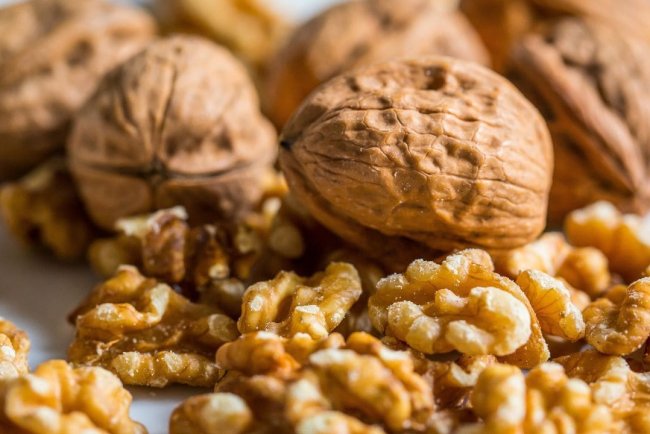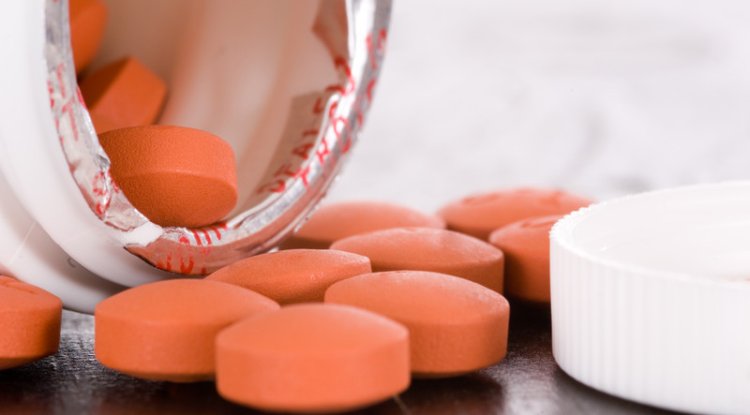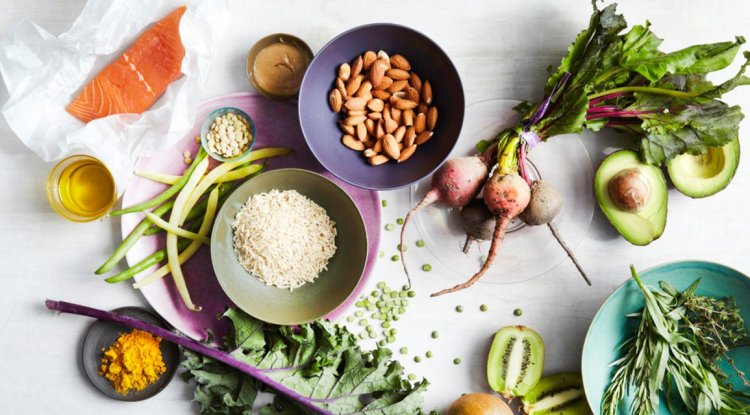Zero-Calorie Drinks and Zero Weight Loss?
You are not alone, nor are you completely exempt, if you have been substituting diet sodas for sugary ones in an attempt to lose weight. Zero calories does not always equate to zero consequences, which is the kind of realization that feels like a betrayal.

With the admirable intention of reducing your calorie intake, you may be turning the knob on your SodaStream or enjoying that bubbly can of LaCroix. However, what if we told you that even sugar-free, sweetener-free sparkling water could subtly increase your appetite?
Let us explore what the most recent research indicates, why it is much more complex than "calories in, calories out," and what your fizzy drink may be doing in the background.
The Soda Switch: Same Problems, Less Sugar?
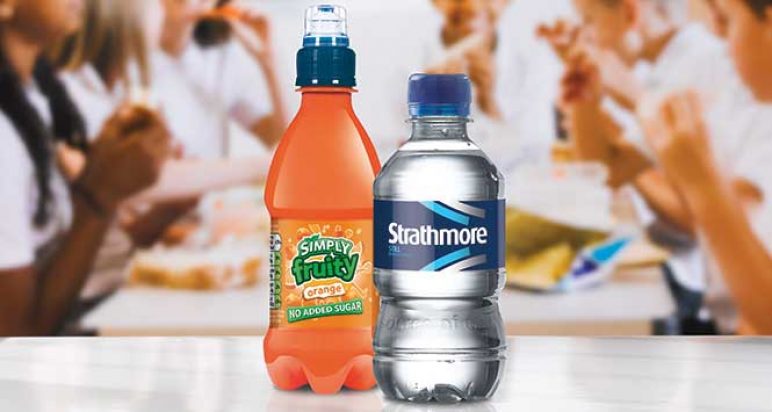
On the surface, switching to a zero-calorie beverage from two cans of ordinary soda each day (280 calories total) sounds obvious. Theoretically, you are burning more than 8,000 calories per month, which is equivalent to losing roughly 2.5 pounds.
What is the catch, then?
Cravings. That is one possibility. Aspartame and sucralose are examples of artificial sweeteners that might confuse your body by giving it a sweet feeling without providing any calories. This discrepancy may cause some people to overcompensate in other areas of their diet and become more hungry. Artificial sweeteners have even been demonstrated in animal experiments to disrupt appetite regulation, particularly in satiety-related brain areas.
And some studies on humans? They both imply that people who drink diet beverages may end up gaining weight over time. The catch is that other research has discovered the reverse. What gives, then?
Reverse Causation: A Problem for Researchers

Reverse causality is a term to remember. According to these studies, it suggests that those who are already having weight problems would be more inclined to first select diet beverages. Therefore, it is difficult to distinguish between cause and effect.
Does consuming diet soda lead to weight gain, or does it increase the likelihood of weight gain in those who are already at risk? Meet the egg, chicken.
The Unexpected Consequences of Carbonation
Do you believe that the safest place in this bubbly minefield is carbonated water? Rethink your thought.
Male rats given fizzy beverages, even ones without any sweeteners, ate more and put on more weight than those given flat versions of the identical drinks, according to a startling animal research. Why?
Ghrelin. Your stomach secretes a hormone that essentially signals to your brain, "Hey, it is time to eat." And you know what? The carbonated beverages increased the production of ghrelin. Flat beverages didn't.
However, rats are not persons, are they?
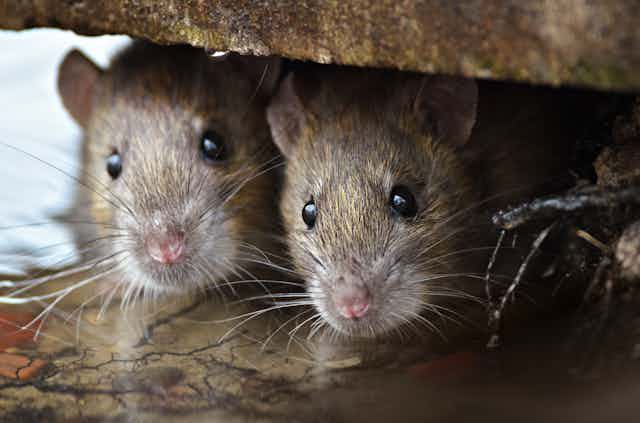
Researchers evaluated five different drinks water, flat soda, fizzy soda, diet soda, and carbonated water and then analyzed the ghrelin levels of the participants in a small human experiment that involved men in their undergraduate years. The outcome? Ghrelin levels were raised considerably more by all carbonated beverages, including ordinary bubbling water, than by still water or flat soda.
Why Do Bubbles Increase Our Hunger?
Scientists think that carbon dioxide is the real culprit here, not sugar or sweeteners. The fizz may activate the stomach's pressure-sensitive cells, which increases the release of ghrelin. Because of a strange biological anomaly, your brain may perceive you as being more hungry than you actually are.
So… What Can We Still Drink?
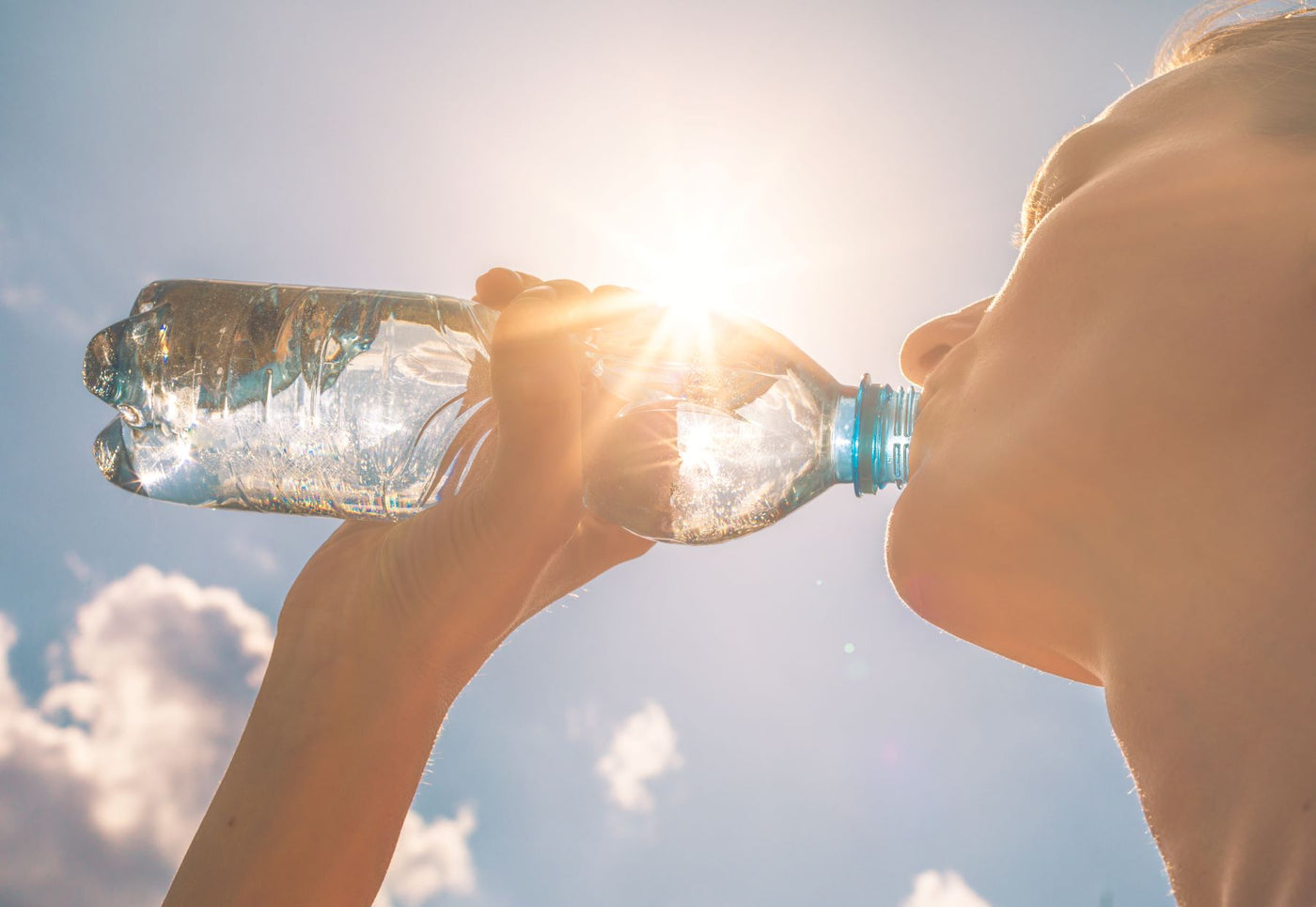
This is a bit of a letdown because plain water is still the best option. We understand if that causes you to sigh aloud. Thankfully, there are alternative respectable choices that will not cause your ghrelin levels to spike:
Teas made with herbs or without sugar (hot or iced)
Slices of cucumber or fresh fruit in still water
Waters infused with berries, lemon, or mint
Just so you know, occasionally consuming carbonated beverages will not cause your health to deteriorate. However, it is important to consider how carbonated drinks may be affecting your appetite in less evident ways if they are your go-to drink every day.
The Bottom Line: A zero-calorie diet does not always equate to a zero-impact diet.
Because of hormonal ripple effects, even calorie-free drinks, particularly those that are carbonated, may subtly increase your appetite. Do not worry, though; one glass of sparkling water will not ruin your health objectives.
Your daily diet, your total consumption pattern, and your level of awareness of your body's hunger cues are more important. While the odd soda is not bad, it would be wise to reevaluate your reliance on bubbles as your preferred beverage.
We will probably discover even more about the relationship between our diet and our drinking habits as study progresses. Drink mindfully till then, and perhaps keep a pitcher of cucumber-mint water in the refrigerator as a backup.
What's Your Reaction?









